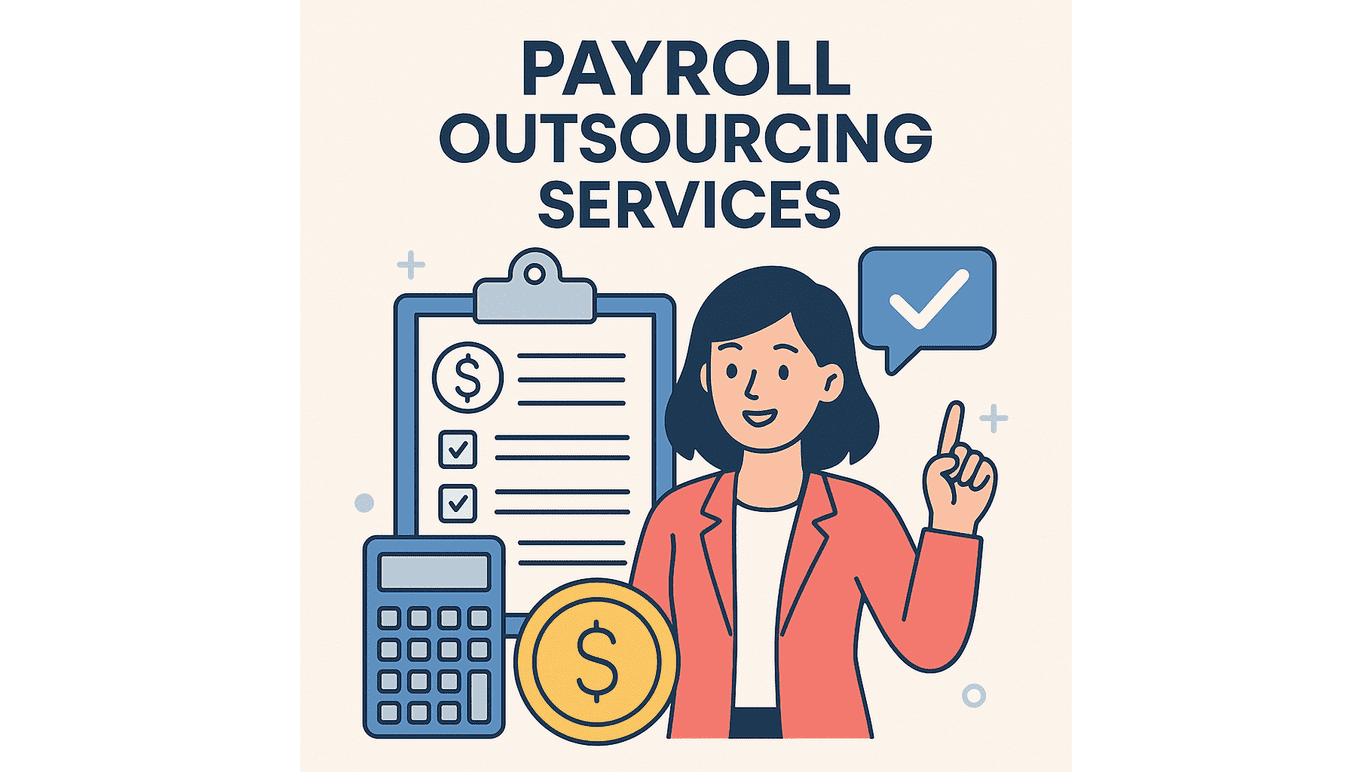
In a world where financial stability has become a major concern, effective management of personal finances is more crucial than ever. As a finance expert, I firmly believe that the key to financial success lies in strategic planning, discipline, and informed decision-making. In this article, we will explore some fundamental principles to help you maximize your personal finances and achieve your financial goals.
1. Establish a Solid Budget
The first step to successful financial management is establishing a solid budget. This allows you to track your income, expenses, and determine where your money is going each month. Start by listing all your regular income, then deduct your fixed expenses such as rent, bills, and loan repayments. Then allocate a portion of your income to categories such as savings, investments, and variable expenses like leisure and outings.
2. Prioritize Saving and Investments
Once you have established your budget, make sure to prioritize saving and investments. Aim to save at least 20% of your income each month ideally. Create an emergency fund to handle unforeseen expenses, then focus on saving towards your short and long-term goals such as buying a house, retirement, or children’s education. Concurrently, explore different investment options such as stocks, bonds, mutual funds, and real estate investments to grow your wealth over time.
3. Eliminate High-Interest Debts
High-interest debts, such as credit cards, can quickly become a financial burden. Focus on paying off these debts as quickly as possible using an aggressive repayment strategy. Start by paying off debts with the highest interest rates while continuing to make minimum payments on other debts. Once you have paid off one debt, reallocate the funds to the next debt until you are free from high-interest debts.
4. Diversify Your Sources of Income
In an uncertain economic environment, it is wise to diversify your sources of income to ensure some financial stability. In addition to your main income, explore additional ways to earn money, such as freelancing, passive income investments, or starting a side business. Not only can this provide you with an additional financial safety net, but it can also help you achieve your financial goals faster.
5. Educate Yourself Financially
Finally, financial education is a crucial component of successful management of your personal finances. Take the time to learn basic financial concepts such as budget management, investment, taxation, and retirement planning. Read books, take online courses, consult financial experts, and use financial management tools to enhance your knowledge and make informed decisions about money.
In conclusion, informed management of your personal finances is essential to achieving financial stability and realizing your financial goals. By following these fundamental principles, you can take control of your finances, reduce financial stress, and pave the way for a financially fulfilling life. Remember, the key is discipline, planning, and ongoing financial education.








Las celebraciones de Haaland tras marcar goles son iconicas | Haaland sigue rompiendo records con sus goles en el futbol europeo erling haaland games | El estilo de juego de Haaland es comparado con leyendas del futbol | Los fanaticos coleccionan articulos autografiados por Haaland como un tesoro | Los entrenadores de Haaland destacan su increible etica de trabajo Videos de los goles de Haaland.
Excellent post. If you want to know more about this subject and learn about Trade Crypto I suggest you see https://mohammadtaherkhani.com site.